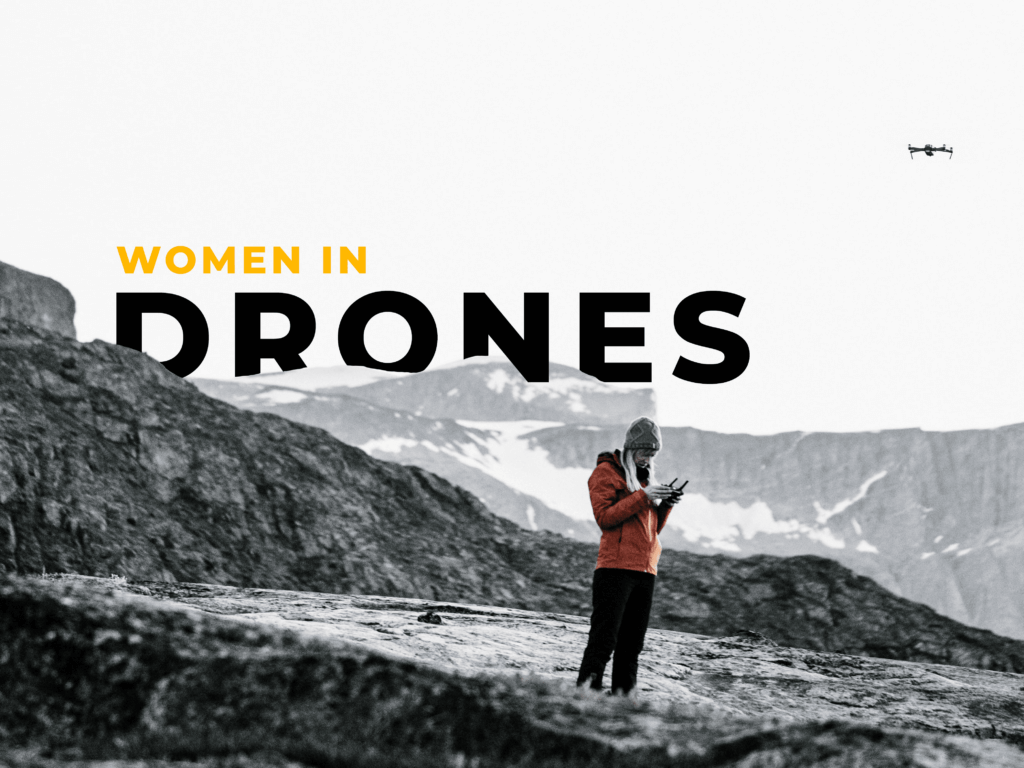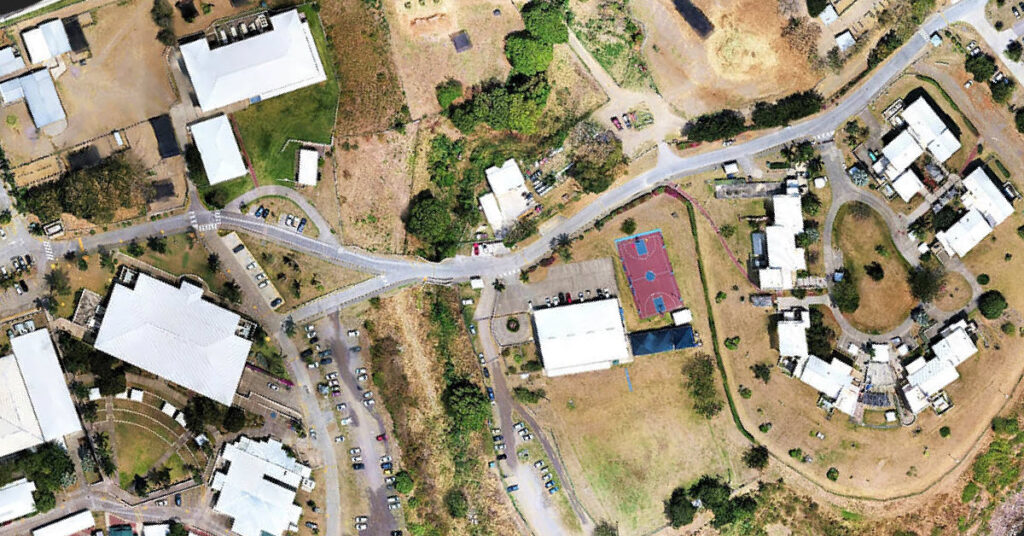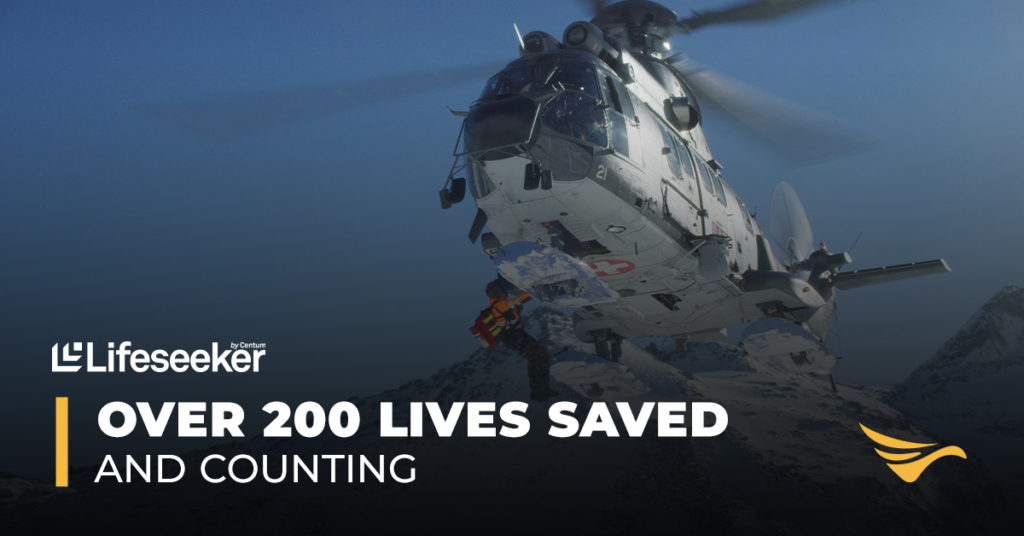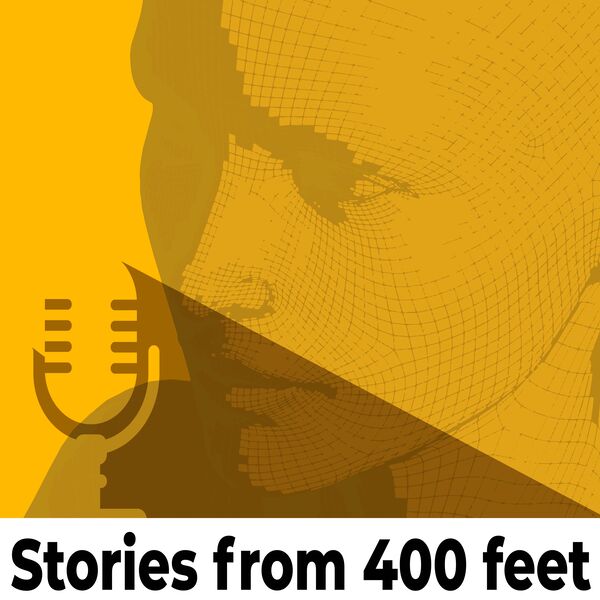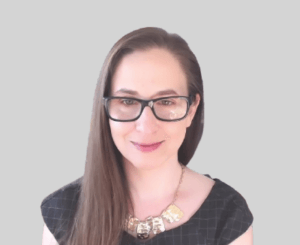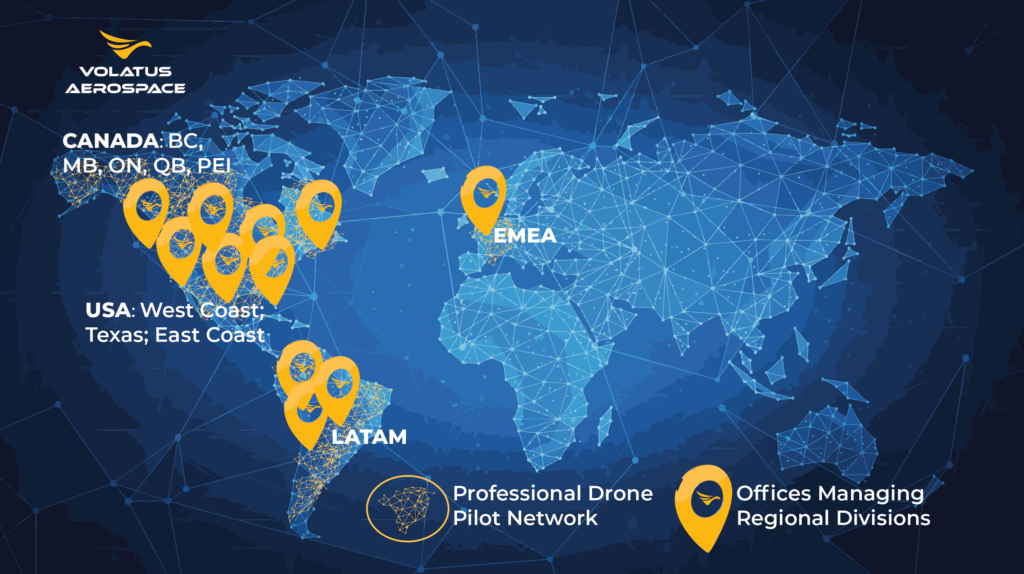The drone industry has witnessed an exciting growth spurt in the past year. Demands for services continue to grow as the value proposition is becoming clearer for end users. We are seeing the momentum that will set the industry up as an essential tool for many industries, and it is an exciting place to be.
The challenge with growth is that it also takes a significant amount of human capital to keep things running at scale. We are already facing challenges with finding top-quality talent to meet demands. According to DroneAnalyst, by and large the industry workforce is still fueled by a relatively small group of experienced hobbyists. As much as we owe to these grass roots initiatives for kickstarting the industry and bringing us to this point, their numbers alone cannot address the demand for the next phase of our maturity. So, how do we prepare to address that workforce demand? A major part of that answer is focusing on Diversity.
What does it mean when we say we need more diversity? It means that we are going to need people from every demographic to consider working in the drone industry. This includes people with different ethnicities and cultures, women, people of color, LGBTQ+, people with disabilities, people with different backgrounds, those with vastly different social/economic experiences, and more. It is only with that kind of reach that we can fulfill the demand of the future.
In fact, we are already starting to feel the pinch in finding experienced pilots according to the DroneAnalyst 2021 Market Sector Report.
“This growth of drone operations seems to also have become an issue for these organizations,” wrote David Benowitz, Head of Research at DroneAnalyst. “With more firms noting that sourcing trained pilots was a challenge, which was the largest growing challenge, although it is still not the leading challenge these programs face.”
There is a growing awareness that we are going to need to do something more to meet this need or lose important opportunities for growth. In a recent survey conducted by Women and Drones in cooperation with P3 Tech Consulting and the Diversity Development Network of Canada, the concern that a lack of diversity would financially impact the UAS/AAM industries was high.
“When asked what, if any, financial impact on UAS/AAM and UAS/AAM-related industries if a diverse workforce is not available or if available, is not treated equitably or fully included in business activities, 96% felt there would be a financial impact ranging from limited to severe impacts,” stated the report summary.
It is encouraging that we are aware of the economic consequences should we fail—admitting it’s a problem is the first step to solving it. But what are we doing to really reach diverse groups?
The hobbyists that initially infused this industry had a background in aviation, but to grow, we’ll have to be prepared to train and support new players in the industry who aren’t as versed in what we do. Frank Segarra, CEO of ConnexiCore, a Volatus Aerospace Company, understands the challenges and is working with Women and Drones to change that by developing a mentorship program for women.
“What I’ve noticed in the years that we’ve been recruiting drone pilots is that we have always had very few women pilots, this boggled my mind for the longest time,” said Segarra. “I wanted to find a way to recruit more women into the drone industry. In speaking with Sharon Rossmark, CEO of Women and Drones, she was seeing that a lot of women were getting their pilots license but that they didn’t know the next steps—how to go out there and find work and get experience out in the field. This is when we came up with the mentorship program. The program would give diverse groups of people the opportunity to work with an experienced drone professional to fill in the gaps of their knowledge, whatever that may be, and make money doing it. There will be various levels of the mentor program from getting basic field experience and training to getting projects on their own and learning how to gather different types of sensor data. We want to meet them where they are at and give them the tools to thrive in the drone industry.”
It is a challenge to figure out how to break into this complicated industry even for the most determined, let alone choose to pursue this as a career track—there are no straight lines here. It is even harder when you look at the industry and can’t find exemplars of success that reflect your experience and demographic. What Segarra is doing at Connexicore is exactly what we need to be doing—investing in outreach, training, and mentorships that can establish a pipeline for talent in our industry. We can no longer afford to be an exclusive club of hobbyists; we need to diversify and that means actively recruiting those who wouldn’t find us any other way and may not have the capabilities or skills to know what to do yet. We need to be prepared to train and educate at every opportunity and pass on our industry’s passion and excitement for what we are doing.
